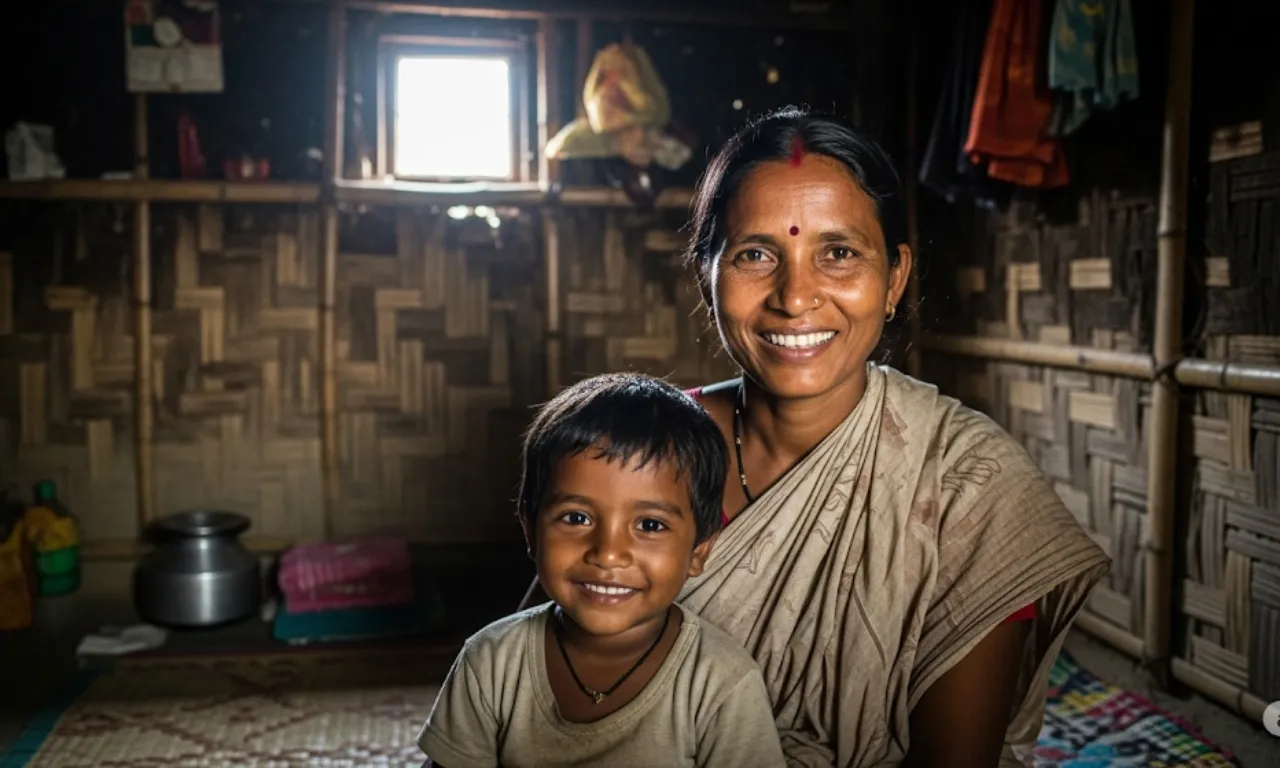- Assam Government launches Orunodoi 3.0 Scheme on 17th September, providing ₹1,250 monthly support to nearly 4 million low-income families.
- Nijut Moina scheme continues with financial incentives to encourage education and prevent child marriage among girl students.
- Government plans outreach and letters distribution before scheme launches; PM and Union Home Minister visits announced with key regional projects.
Assam is about to start the Orunodoi 3.0 Scheme on 17th September, aimed at helping low-income families with monthly financial aid. This scheme promises to improve nutrition and healthcare for millions across the state. Along with it, schemes like Nijut Moina are making progress in boosting girl education and stopping child marriage. Stay updated about these important government schemes and upcoming events in Assam.
Details of Orunodoi 3.0 Scheme Launch on 17th September
The Assam government, led by the Bharatiya Janata Party (BJP), has officially announced the start of Orunodoi 3.0 on 17th September. This plan targets nearly 4 million poor families. A monthly financial aid of ₹1,250 will be given to these families to help with nutrition and healthcare, making this the biggest welfare scheme in Assam’s history.
This launch is especially notable as it falls on Prime Minister Narendra Modi’s birthday, adding a festive mood to this new phase of social support in the state.
Financial Benefits and Eligibility under Orunodoi 3.0
Families classified as low-income or belonging to poorer sections across Assam are eligible to get the monthly assistance under this scheme. The ₹1,250 help aims to directly raise the living standards of beneficiaries by improving access to food, healthcare, and essential household needs.
The authorities have made plans to reach out to ensure eligible families receive clear information and can get their benefits easily from the scheme’s start date.
Distribution and Outreach Plans for Beneficiaries
In August, the Assam government will send official letters to all eligible beneficiaries, containing detailed information about Orunodoi 3.0. This personal communication shows the government’s focus on clarity and easy access.
Beneficiaries will also receive a special book on important historical figures of India, celebrating 2025 as the ‘Year of Books’ in Assam, promoting education alongside welfare.
Nijut Moina Scheme Support for Girl Students
Alongside Orunodoi 3.0, the Nijut Moina scheme continues to help girl students by providing financial support to keep them in school and stop early child marriage. Started in August last year, this scheme has already helped around 1 million girls pursue higher education with government support.
Stipend Structure and Educational Impact of Nijut Moina
| Education Level | Monthly Stipend | Duration |
|---|---|---|
| Class 11 (after passing Class 10) | ₹1,000 | 2 years (excluding 2 months summer vacation) |
| Degree Courses (after Class 12) | ₹1,250 | 3 to 4 years |
| Postgraduate/BEd Courses | ₹2,500 | Until course completion |
This financial support has made a clear difference, encouraging parents to support their daughters’ education instead of early marriage. The scheme promotes social and economic progress and helps girls through education.
Also Read – Assam’s Nijut Moina Scheme Launches Second Edition to Support Girl Students’ Higher Education
Additional Government Initiatives and Upcoming Events in Assam
Prime Minister Narendra Modi is scheduled to visit Assam on 8th September. His plans include opening a bio-refinery at Numaligarh to produce ethanol from bamboo, starting the Guwahati ring road project, a new bridge over the Brahmaputra, and a medical college at Mangaldai. He will also take part in the birth centenary celebrations of Bharat Ratna Bhupen Hazarika.
Earlier, on 29th August, Union Home Minister Amit Shah will visit Assam to open the new Raj Bhawan in Guwahati and meet with newly elected panchayat members from BJP and NDA allies. He will also attend birth centenary events honoring former Chief Minister Golap Borbora.
These visits show strong government focus on infrastructure, education, and cultural appreciation, complementing welfare schemes like Orunodoi 3.0 and Nijut Moina.

